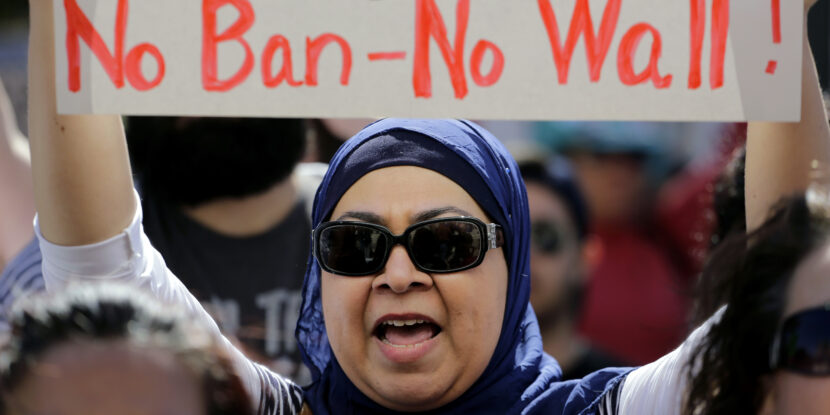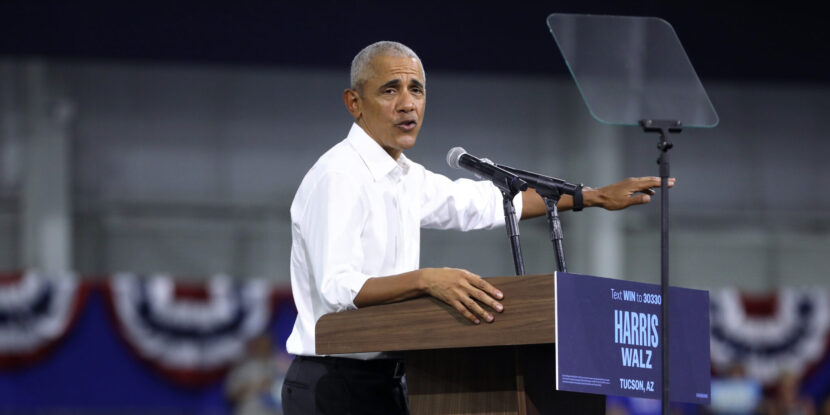Stunning new U.S. Customs and Border Protection (CBP) data has revealed that over 70,000 illegal immigrants from Muslim countries have been encountered inside the United States over the past two years. CBP considers these “special interest aliens” as their countries of origin are considered by the U.S. government to be hot-beds of terrorism and pose a national security threat. It is unclear how many have been apprehended, detained, or deported, though the Biden regime operates a “catch and release” policy that usually allows illegals to abscond into the U.S. unabated.
According to reports, 538 illegals originated from Syria and 139 from Yemen. Both countries have experienced bloody civil wars, with radical Islamist groups participating in the respective conflicts. A huge 659 of the “special interest aliens” originated from Iran, 123 from Iraq, 6,386 from Afghanistan, 164 from Lebanon, 3,153 from Egypt, 1,613 from Pakistan, 15,594 from Mauritania, 13,624 from Uzbekistan, and 30,830 from Turkey.
NEW: Internal CBP data provided & confirmed by CBP sources reveals thousands of “special interest aliens” from mostly Middle Eastern countries have been apprehended by Border Patrol while crossing into U.S. illegally over last 2 years.
Syria: 538
Yemen: 139
Iran: 659
Iraq: 123…— Bill Melugin (@BillMelugin_) October 10, 2023
In light of the barbaric surprise attack launched by the terrorist organization Hamas against Israel, the number illegal immigrants trying to enter the U.S. from unstable Muslim nations known to harbor terrorist groups is especially concerning. The CBP believes upwards of 1.5 million individuals from countries of concern have managed to slip past their agents and may still be residing illegally within the United States.
Over the course of 2023 so far, CBP says 151 individuals on the FBI watchlist were encountered at the U.S. border – a record number.
President Trump’s infamous 2016 travel ban, coupled with his work in securing the U.S. border, saw these numbers tumble during his tenure. He recently announced he would reinstate such policies if re-elected in 2024.




















